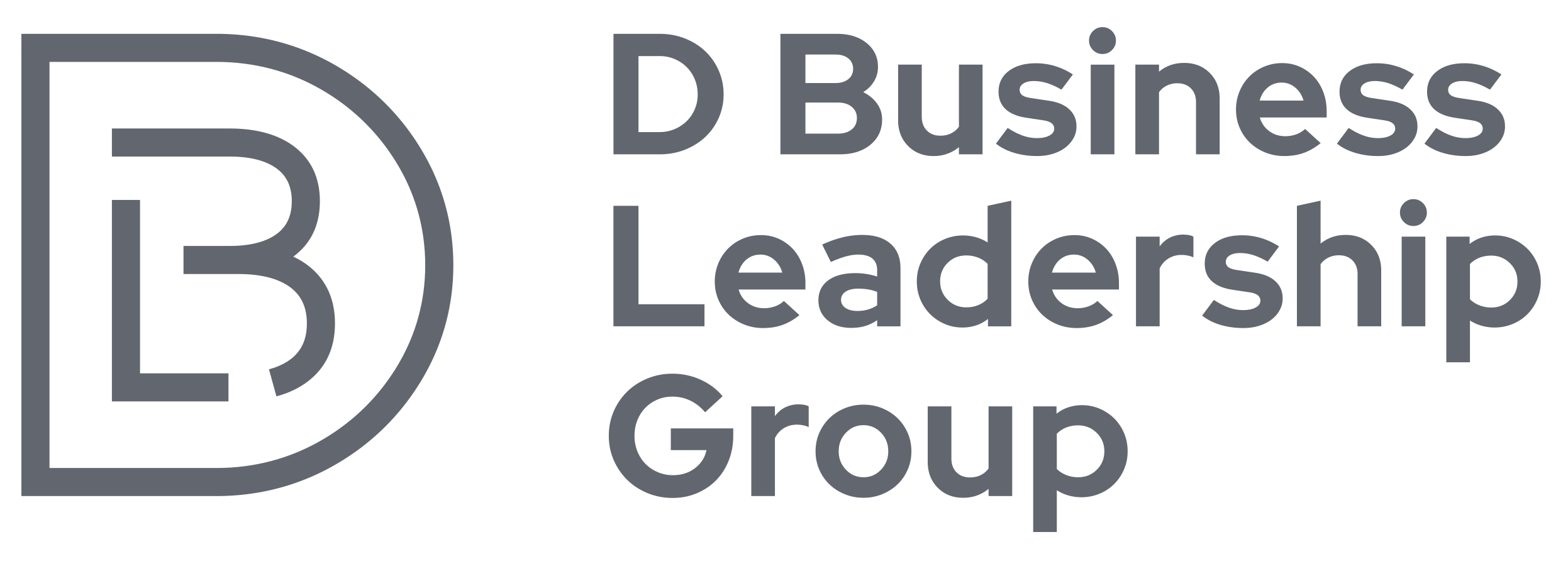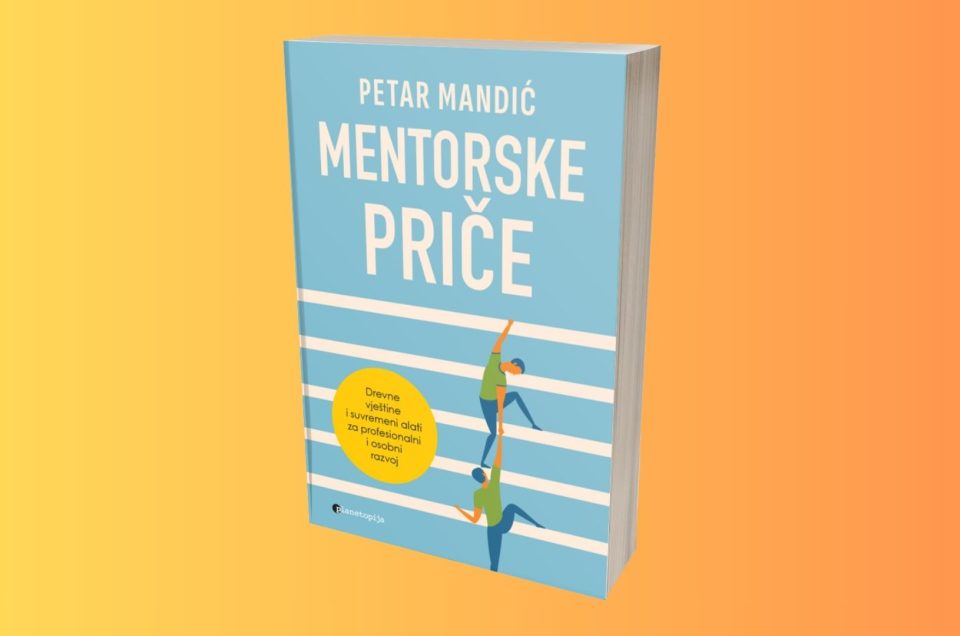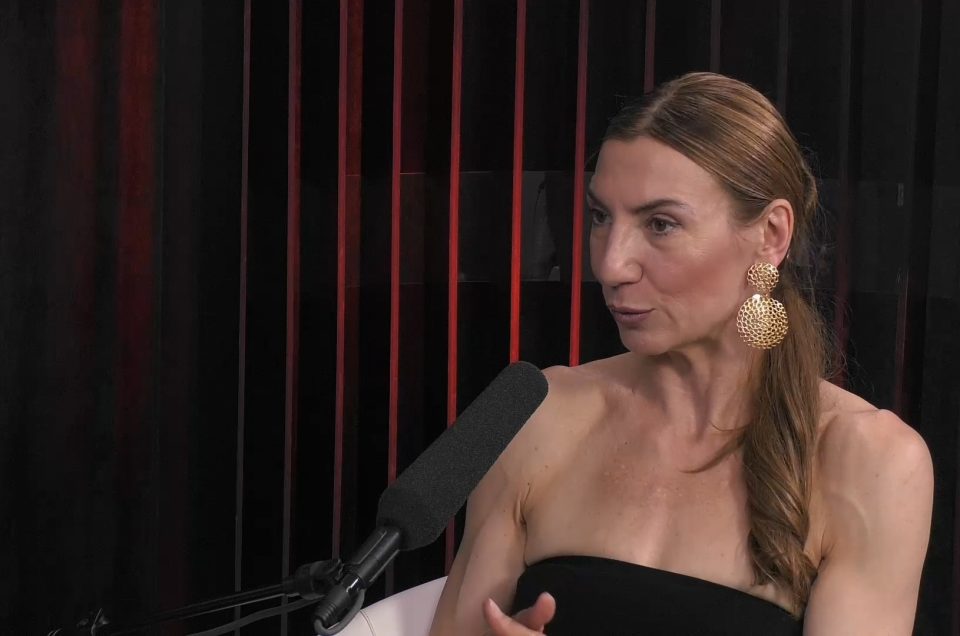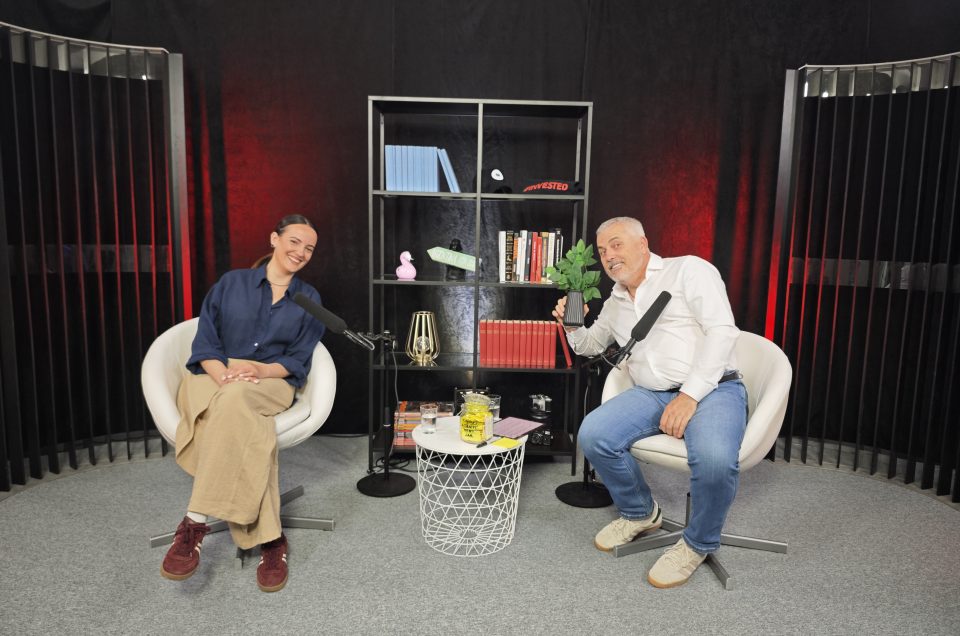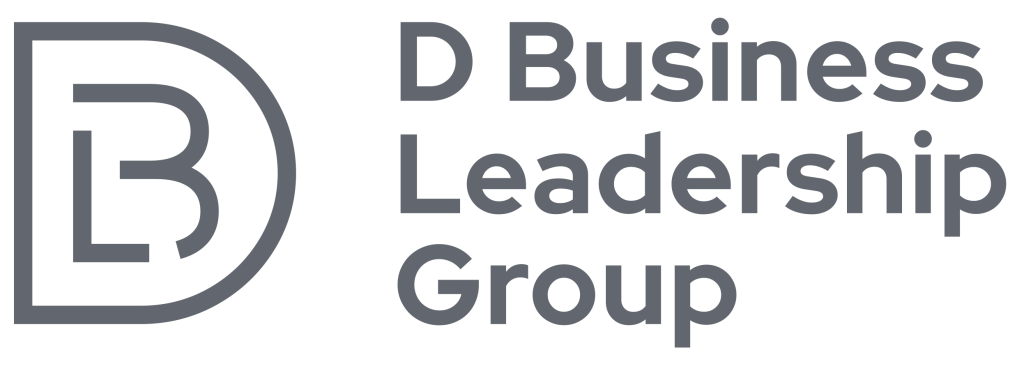Camino as a stress test for business and soul
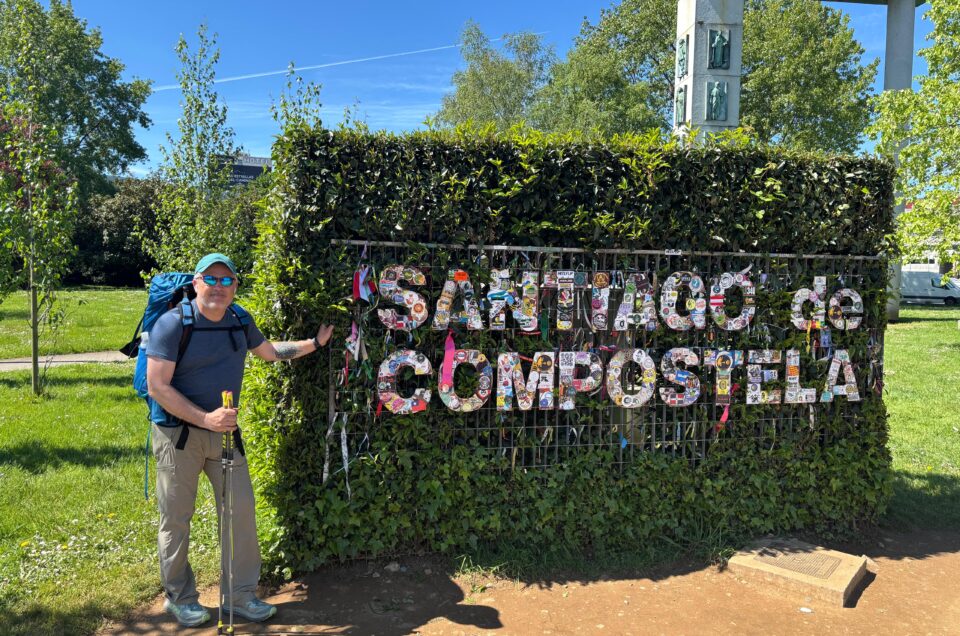
In the latest episode of the DBL Podcast, Siniša Drobnjak, an entrepreneur and multi-business owner, shares his extraordinary experience on the Camino de Santiago pilgrimage. His story is not just a travelogue, but a deep analysis of the personal and business transformations he experienced on this 820-kilometer journey through Spain.
Siniša set out on the Camino with a clear goal – to find time for himself, but also to test whether his business could survive without his daily presence. “The main reason was to find 30 days of time for myself. I wanted to see if I could survive without my companies and if those companies could survive,” Siniša points out. Going on the Camino was, as he says, the first real vacation for his soul, not just his body or mind. One of the key experiments he conducted was the complete delegation of business tasks. Siniša entrusted his inbox, which took up an hour a day, to his colleague Filip. “During my entire Camino, not a single email of mine went unanswered. Filip wrote replies to those emails and after two weeks I gathered the courage and said to Filip: you know what, now I won’t call you at all for a week… That experience was truly liberating,” describes Siniša. During the 40 days of absence, the companies not only survived, but also the business results were above plan. “We were 13 percent above plan. I tell him, well, that’s the formula. When I step away for two months, we immediately grow above plan. I’m not even going back to work,” Siniša joked, confirming that the stress test revealed the strengths and weaknesses of the business system.
Insights from the Camino: Letting go of identity and returning to oneself
For Siniša, the Camino was a process of letting go – first of physical, then mental, and finally spiritual burdens. “The Camino is divided into these thirds where you first deal with the body until the body hardens… The second third of the Camino is the mind and the third third of the Camino is the soul. The Camino was the first vacation for my soul,” he explains.
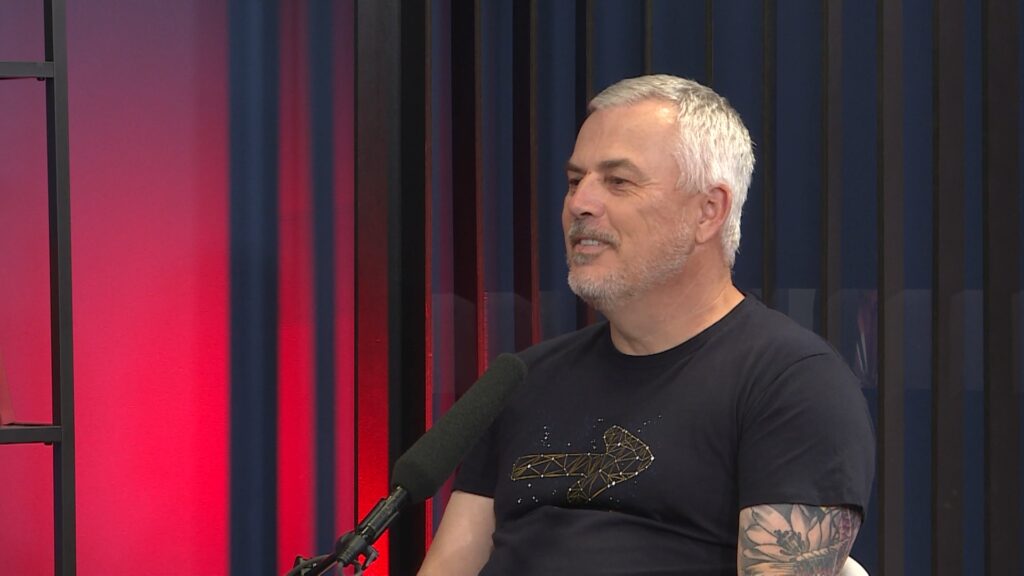
One of the most profound lessons was letting go of identity. Inspired by fellow traveler Silvia from Italy, Siniša concludes: “When I walk the Camino, I am just Siniša. I am neither the owner, nor the director, nor the father, nor the friend. All those identities remain out there somewhere. It is enough that I am Siniša.“
Lessons in control, trust and helping
The Camino was also a lesson in control and trust – both towards oneself and towards others. “One of the rules of the Camino is that there is no judgment. You can tell any person at any time that you want to walk alone and that is respected. Pilgrims do not judge each other and we are not in the role of fulfilling other people’s expectations there as we are in this life,” Siniša emphasizes.
A special moment was when he had to seek help for an infection – something leaders often find difficult to do. “That was a huge lesson for me. You did the right thing. You didn’t play the guy, you didn’t just walk away, you sought help, you went to the hospital and you addressed the problem the right way.“
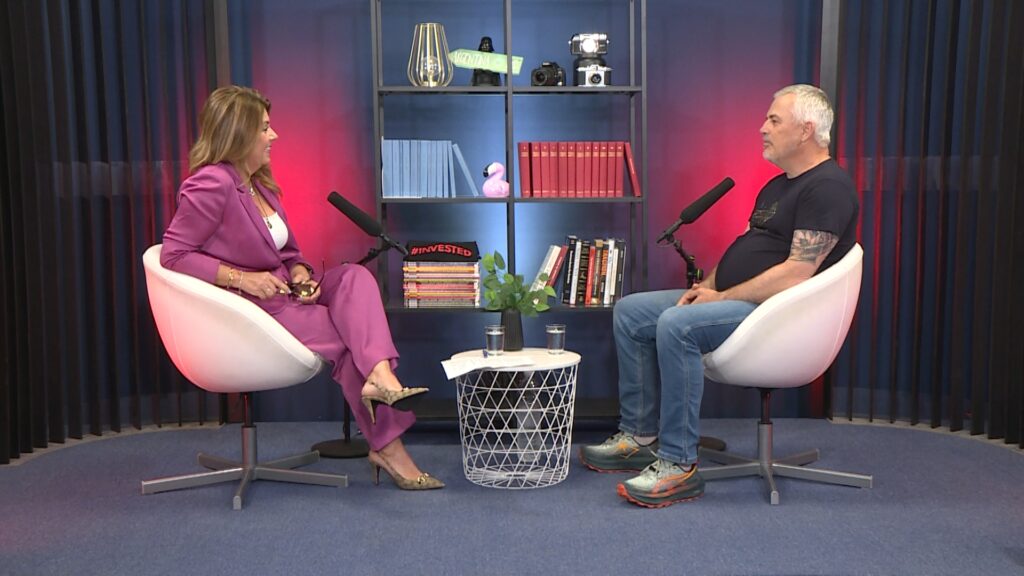
Symbolic stone and release from worries
One of the most emotional moments was the ritual of leaving a stone on the Cruz de Ferro: “Each of the pilgrims takes a stone with them on their journey from home and leaves it near the end of the journey… you leave it ritually because with it you are also leaving everything you want to leave behind in life,” Siniša pointed out.
—
This is just part of the conversation from the new episode of the DBL Podcast – watch the whole show on our Youtube channel and don’t forget to subscribe!
